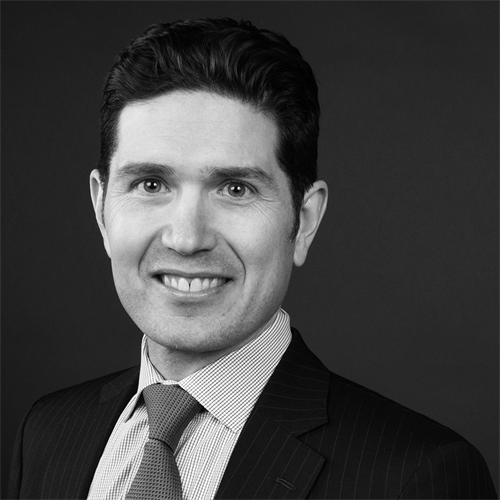
Chris Marquis
Sinyi Professor of Chinese Management
Judge Business School
University of Cambridge
Topic Areas
Entrepreneurship, Environment and Sustainability, Ethics, Gender and Diversity, International Management, Leadership, Management Theory, Public and Nonprofit, Research Methods, Social Issues, Strategic Management
Trending Topics
Climate Change; Corporate Social Responsibility; COVID; Race, Equality, and Ethics
Biography
Chris Marquis is the Sinyi Professor of Chinese Management at the University of Cambridge, Judge Business School. Prior to joining the University of Cambridge, Chris was the Samuel C. Johnson Professor in Sustainable Global Enterprise and professor of management at the Samuel Curtis Johnson Graduate School of Management at Cornell University, worked at Harvard Business School, and has held visiting positions at Hong Kong University of Science and Technology, Peking University, Fudan University, and Shanghai Jiaotong University. Marquis received a PhD in sociology and business administration from the University of Michigan.
Chris’s teaching and research is focused on how business can have a positive impact on society and the natural environment. He is currently pursuing several streams of research. The first seeks to assess how firms’ and entrepreneurs’ social and environmental strategies and activities can be designed to maximize both business and social value. The second explores how environmental sustainability and shared value initiatives have developed in China. Finally, the third examines institutional change processes in emerging markets. These research projects build on Marquis’s earlier work that analyzed how firm behavior is shaped by broader contexts such as embeddedness in geographic communities and how environmental conditions during founding periods leave a lasting imprint on organizations. In particular, Marquis’s prior research examined the effects of these processes in the contexts of community-based social networks and the evolution of the US banking industry.
AOM Research
- Defending Mao’s Dream: How Politicians’ Ideological Imprinting Affects Firms’ Political Appointment in China, Academy of Management Journal
- Internal Logics of Control: A Study of the Relationship between Internal and External CSR in China, Academy of Management Proceedings
- Communist Ideological Imprinting and Internationalization: A Study of Chinese Entrepreneurs, Academy of Management Proceedings
- Mobilization in the Internet Age: Internet Activism and Corporate Response, Academy of Management Journal
- Institutional Change in Authoritarian Settings: A Study of Environmental Penalties in China, Academy of Management Proceedings
SME Subject Areas
Careers, Entrepreneurship, Environment and Sustainability, Ethics, Gender and Diversity, Health Care, Human Resources, International Management, Leadership, Management Consulting, Management Education, Management History, Management Theory, Operations and Supply Chain Management, Organizational Behavior, Public and Nonprofit, Religion and Spirituality, Research Methods, Social Issues, Strategic Management, Technology and Innovation